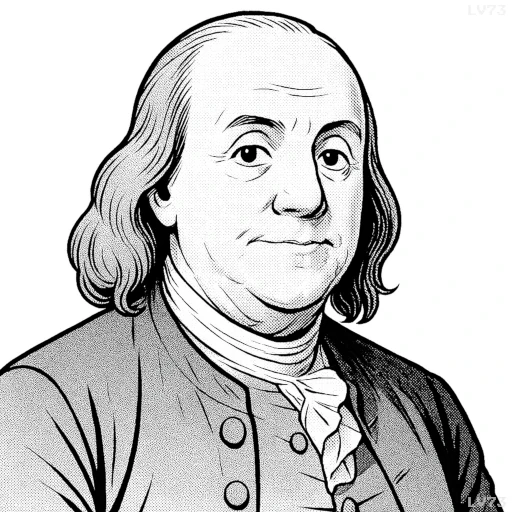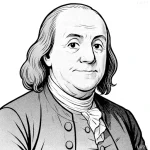“Without freedom of thought, there can be no such thing as wisdom – and no such thing as public liberty without freedom of speech.”

- January 17, 1706 – April 17, 1790
- American
- Polymath, Founding Father of the United States, Inventor, Diplomat, Writer
table of contents
Quote
“Without freedom of thought, there can be no such thing as wisdom – and no such thing as public liberty without freedom of speech.”
Explanation
In this quote, Benjamin Franklin draws a powerful connection between intellectual freedom, public liberty, and societal wisdom. The first part—“without freedom of thought, there can be no such thing as wisdom”—asserts that the ability to think independently is the foundation of knowledge, understanding, and sound judgment. Without it, wisdom cannot exist. The second part extends this logic: freedom of speech is essential to public liberty, because without the right to express thoughts openly, freedom itself is hollow.
Franklin lived during the Enlightenment, a period when free inquiry and expression were seen as essential tools for progress and justice. Having seen both the benefits of open debate and the dangers of censorship, Franklin understood that liberty is not simply a political state, but a condition in which ideas may circulate and be challenged freely. His quote is both a defense of individual rights and a warning: restricting speech threatens the very fabric of a free society.
Today, Franklin’s words remain profoundly relevant amid global debates on censorship, misinformation, and civil discourse. They remind us that wisdom begins with open minds, and that freedom of expression is not just a legal protection—it is the lifeblood of democracy. A society that values liberty must also protect the uncomfortable, the dissenting, and the unpopular voice, for only through open exchange can truth and wisdom prevail.
Would you like to share your impressions or related stories about this quote in the comments section?



